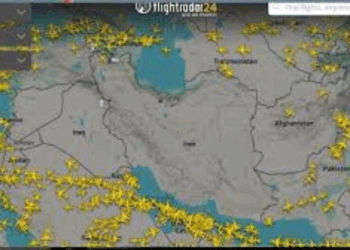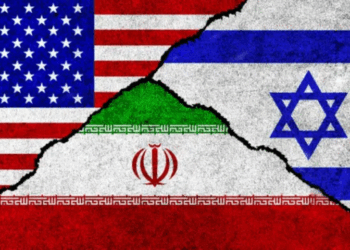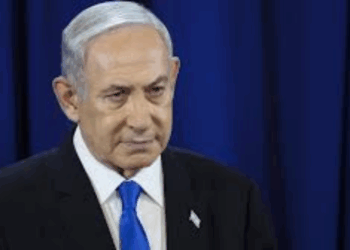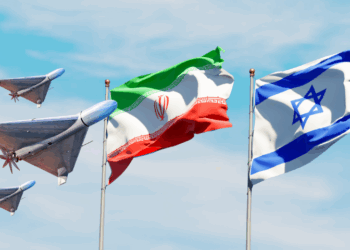New Delhi, June 4, 2025: The arrest of Jasbir Singh, a prominent Sikh YouTuber and creator of the channel Jan Mahal, has sparked controversy and drawn sharp criticism from civil rights groups and Sikh organizations. Singh has been accused of espionage for Pakistan, a charge his supporters allege is part of a broader crackdown on Sikh voices and digital dissent in India.
According to Indian authorities, Singh was detained under suspicions of being linked to a Pakistani intelligence network. Punjab Director General of Police (DGP) Gaurav Yadav stated that the YouTuber had been in contact with individuals identified as Jyoti Malhotra, Shakir alias Jatt Nandwa, and Ehsan-ur-Rahim alias Danish. Investigators also claim to have found Pakistani-linked phone numbers on his mobile device.
Indian media reports note that Singh had traveled to Pakistan multiple times—in 2020, 2021, and 2024—a detail officials say raises further suspicion regarding his alleged involvement in “anti-national activities.”
However, the arrest has been met with strong pushback from Sikh advocacy groups, digital rights activists, and opposition voices. They argue that the government, under Prime Minister Narendra Modi, is increasingly using counter-terrorism laws—particularly the Unlawful Activities (Prevention) Act (UAPA)—to suppress dissent and stifle expressions of Sikh identity and nationalism online.
“This is a sinister attempt to equate Sikh political expression with terrorism or espionage,” said a spokesperson from a Delhi-based civil liberties group. “The government is not targeting criminals—it is criminalising dissent.”
Critics cite a pattern of online surveillance, social media takedowns, and treason charges against those who express views related to Khalistan or show support for pro-Sikh groups like Sikhs for Justice (SFJ). Activists argue that ordinary Sikh citizens, especially in Punjab, are increasingly being placed on intelligence watchlists without due process.
The arrest has reignited concerns about freedom of speech and digital repression in India, particularly for minority communities. As the case develops, human rights organizations are calling for transparency, legal safeguards, and an end to what they describe as the politicization of national security laws.








